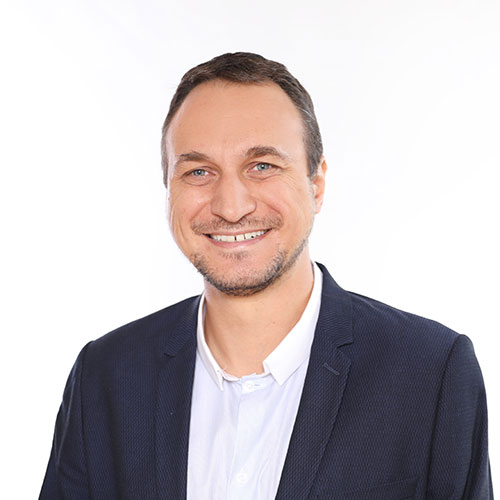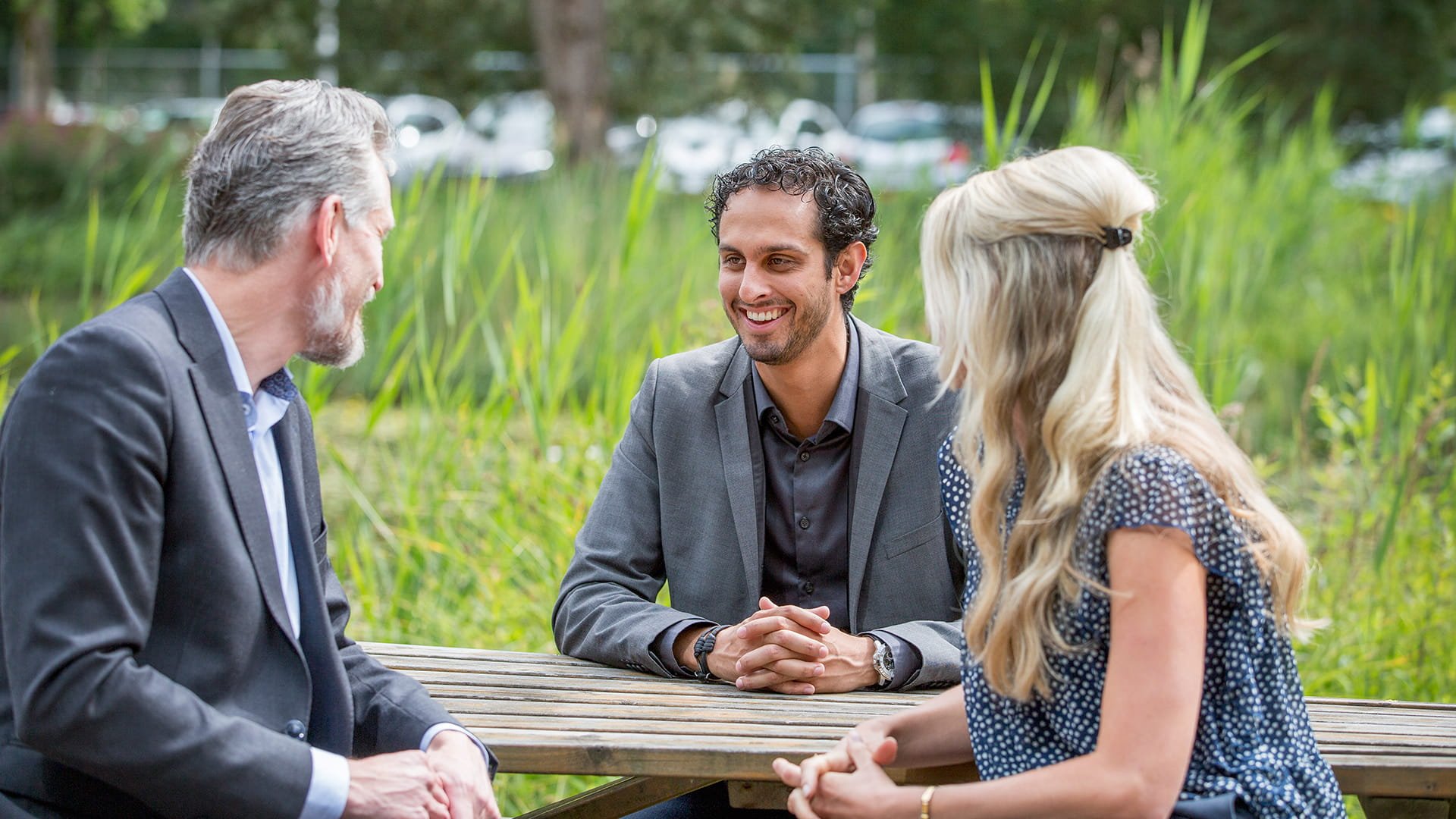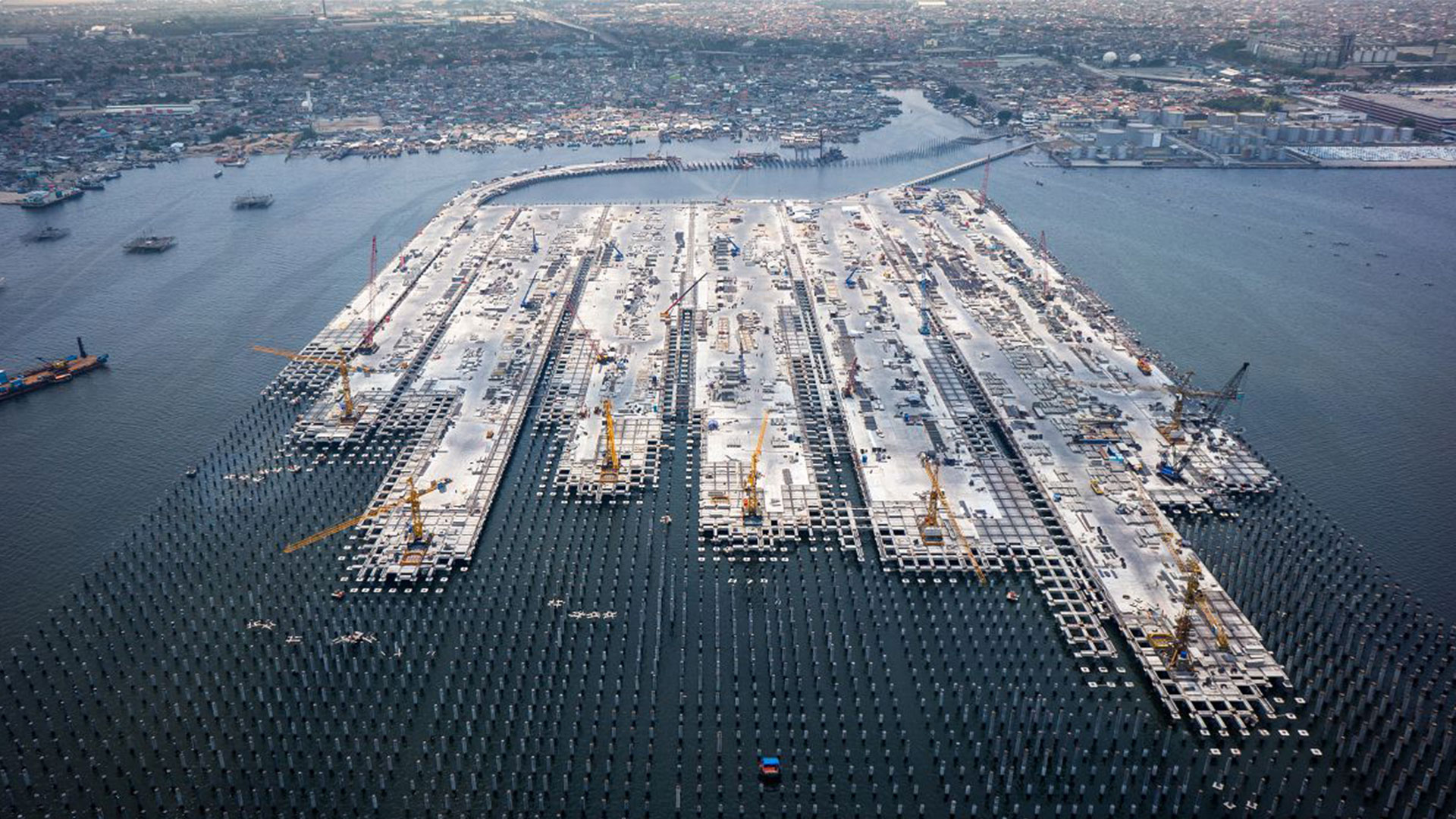How ‘Harold’ woke up the Kingdom of Tonga
Cyclone Harold, with winds of 270kmh, flattened Tonga’s tourist resorts, devastated infrastructure, brought down electricity lines, and caused significant damage to the area on which so many local people depend.
Among them were local fisherman, businessmen, and café workers who had spent their entire lives living on the island. Like each and every one of the 100,000 people of Tonga, they were so proud of their country, culture, and rich heritage and hated seeing the tatters of disarray and devastation laying all around them. Highlighting Harold’s shear force was a shipping container laying in the middle of the road. The solid lump of metal had been pushed and pulled by the waves, narrowly missing houses where the local community were sheltering together. Thankfully, nobody was hurt.
It was a similar story across the whole of Tonga that week. Harold, with all his cruel force and might, had taken away fruit trees, crops, land, and shrubs – all vital to peoples’ livelihoods in the blink of an eye. The world knew Tonga was prone to natural disasters, and had them most years, but this was different. This was one too many wake-up calls...
Into the unknown
Some months before, on a blistering hot day, David Perbey a Civil Maritime Engineer from Royal HaskoningDHV visited Tonga for the first time. He and his team were visiting as part of a feasibility study which had been funded by The Asia Development Bank (ADB), a bank which has a mission to achieve a prosperous, inclusive, resilient, and sustainable Asia and the Pacific.
The project? To re-evaluate and optimise the country’s only port, prepare it for future growth, and increase its resilience to climate change and natural disasters. Doing so would help protect the present and future prosperity for 100,000 Tongans and ensure the Kingdom could act as a hub for inter-island trade. Looking at his notes over lunch in a local café, David could see that the now 50-year-old port had begun to show signs of falling behind, with degrading infrastructure, poor lighting and not enough space for longer and bigger ships – vital for a smart, sustainable port of the future. But, due to lack of funds, the Tongan Government was unable to maintain, upgrade or improve it.
As David tucked into his Ota 'ika (a delicious local dish consisting of raw fish marinated in citrus juice and coconut milk), he wondered how bad the port could really be? He had been working at Royal HaskoningDHV since 2007 and had operated on some truly complex projects – this one seemed like a walk in the park!
Unanswered questions
However, within just 15 minutes of arriving on site, it was obvious to David the vast amount of work that would need to be expertly pulled off to complete the project. He had never seen anything like this – although small in size, the Tongan port clearly had massive problems.“One of the first jobs we had was to go to the site and look at the state of the facility – not good… Yet as the day progressed, we uncovered even more problems. One of the port’s wharfs was so badly damaged it had to be closed immediately, safety checks hadn’t been completed for more than 20 years, and there was no proper lighting for night-time or dark working conditions. In fact, we learned a couple of years ago a local worker lost their life as a result, so the need to improve the situation was plain to see.” David said.
That night, David had so many unanswered questions that were swelling round his head.
“Had we underestimated the project?”
“Did the people of Tonga know it was so bad?”
“With the people of Tonga relying so heavily on this port, how could we make it safe for each and every one of them?”
“How long before more lives were lost at the port?”

The tides turned
After that long and restless night, the whole of the Royal HaskoningDHV team on the ground knew they needed to act. Firstly, the team were asked to talk to the local community and get their views on the problems at the port, so that they could repair it in line with their needs. Visiting Tonga 13 times over 18 months, David spent time gathering insight, gaining understanding, and building on his local knowledge. At first, it was a challenge.“Initially, the locals were cautious about what we had to say – they were so proud of their country and were hesitant to change.” David said. But all that changed on April 9th when Harold woke up the Kingdom of Tonga. His voice was too loud to ignore, and it sent shockwaves through the entire country. The local community knew it was time to properly protect Tonga once and for all.
Iketau Kaufusi, Manager Infrastructure and Technical Services of the Ports Authority Tonga, worked closely with and collaborated with David – he knew just how vulnerable his port was now that Harold had left his mark. Slowly but surely, the whole island began to get onboard too, giving their perspective and outlining concerns. Initially, part of the problem was that the local people weren’t worried about the port or realised its impact on them – that had all changed thanks to Harold. David and his team also created a video which was presented to the community. It showed clearly and simply what Royal HaskoningDHV was trying to achieve, and how important the port was to Tonga’s future. The result? A united, conscious Tonga that knew it needed to act fast.
Rethink, redesign, reform
Using these new insights, patterns, and local perspectives as a guide, David and his team set to work with help from Iketau. Since the port was exposed to several climate change elements such as rising sea levels, extreme rainfall, tropical cyclones, earthquakes, and tsunamis, the first part of Royal HaskoningDHV’s work was to carry out a detailed climate change and disaster assessment.
“Even before Cyclone Harold, we all knew that natural disasters posed a significant threat to development projects in Tonga.” David said. “However, my team were shocked to find out that Tonga is listed by the UN as the 2nd worst-affected nation in the entire world! Knowing this, we knew we needed to help protect it for the proud people of Tonga.” David continued.
In David’s assessment, he presented comprehensive and thorough analysis to the Government of Tonga and the ADB which would help protect and mitigate against these unrelenting impacts for decades to come.
Next was to support with a smart, sustainable port. David and his team knew that due to budget, they couldn’t demolish and build the port from scratch, so needed to find another way of making the facility safe, efficient, and secure.

Throughout all this, David and his team spent time working with the people of Tonga and showed them things that could easily and quickly be improved on – it made a massive different to attitudes, ways of thinking, and peoples’ lives. Little by little, Royal HaskoningDHV was enabling and empowering Tongans to take ownership of the project and move their port forward into the future.
It was starting to become clear – to educate and secure Tonga’s future, David and the rest of the Royal HaskoningDHV team had to work together with Tonga, listen, and take on board other perspectives.

An ordeal now turned into a country united, with the tools, knowledge, and solution to protect its people and meet its own challenges head on.
A country united
Now, David, Iketau, the Government of Tonga, and everyone else in the Kingdom was working together and on the same wavelength, only this one wasn’t heading at them at 270kmh.
Also, the project had another rather unexpected highlight. It’s hoped that once the upgrade is complete, women will be introduced to port operations and engineering – bringing positive long-term changes to the country. “In Tonga, women play an important role in family and society so why shouldn’t they be a part of the port set-up too?” David said.
As the sun reached its highest point over the Kingdom of Tonga, David sat back in his chair next to Iketau and tucked into his Ota 'ika– he felt his work was done. He was pleased he had given Tonga the tools to prosper, but one small thought was still left unanswered in his head – why wait for the shipping container to land?


DavidPerbey
Business Development Director for Australia and Pacific
Discover more trends & solutions
Are you ready to work on projects that drive positive change?
We are always looking for talents who want to collaborate closely with colleagues, clients and stakeholders and offer a new perspective to illustrate the bigger societal and technological picture. Talents who uses their deep domain knowledge to shape innovative solutions to make the transition to smart and sustainable possible. All the while considering the ethical implications of these solutions, to ensure we are driving positive change at every level: globally and locally, for our today and our tomorrow.


